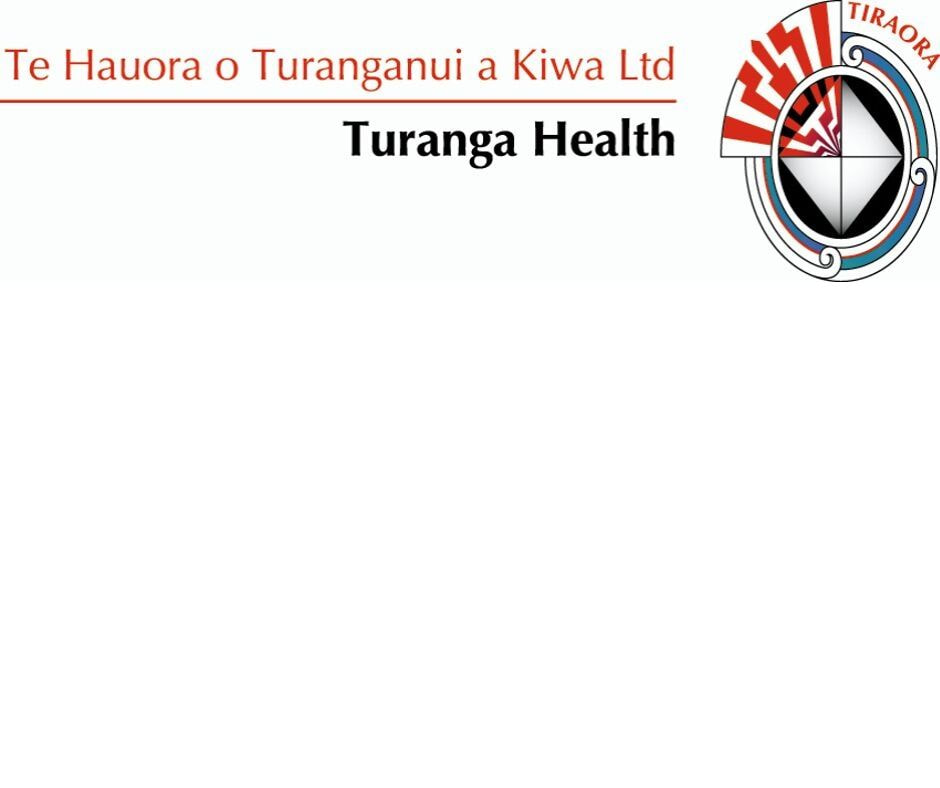 IT is not just finding out what changes their bodies may go through that is important for young people, it's also knowing that it's something everyone goes through . . . it's all normal, says Turanga Health community nurse Reena Rivera. “There can sometimes be a bit of giggling at the start but it doesn't take long to settle down and then they are really interested,” she says of the Puberty and Personal Hygiene classes she and colleague Aimee Milne take at the 11 rural schools on their beat. The Puberty and Personal Hygiene sessions are held separately – with caregiver permission required for the Puberty sessions – for year 7 and 8 students in the Turanga Health catchment. Mostly, they are co-ed, though the girls do splinter off to learn a bit more about menstruation and how to manage it. “Sometimes you can find that, if it is just girls or just boys, the students can be a bit more forthcoming with their questions,” says Reena, who works with schools in Turanga Health's Western Rural area. “But they are all very interested and engaged and you can see that growing as they realise that 'this is not just happening to me'.” Most students are comfortable being presented with scientific information in a professional manner and that, Reena believes, is the key to the classes' success. “Many parents will talk to kids about these things but they often bring their own background into it,” agrees Aimee, who takes care of Turanga Health's Eastern Rural area. “That's great, but we find the students respond really well to things like using the proper names for their body parts – 'penis' rather than 'willy', for example – and it creates a good, open learning environment for them.” During the Personal Hygiene sessions, students learn about everything from showering to head lice and hand-washing. Meanwhile, in Puberty education, topics include the mental and physical changes students can expect as they mature; how to manage those changes; how to access support if they feel they need a chat; the importance of sleep, exercise and nutrition; and how to keep themselves safe during their teen years. While the nurses don't cover sexual behaviour for year 7 and 8 students, they do talk about reproductive organs and the mechanics of conception. And it's all for a good cause: studies show that empowering students with information about themselves and others helps prevent incidences of teen pregnancy and sexual violence. Both Reena and Aimee say they don't just talk “at” the students, they talk “with” them by incorporating brainstorming, group exercises and discussions. “Even at that age the students are at very different stages both in their development and in the amount of knowledge they have,” Aimee says. “But they all seem to get a lot out of it,” adds Renee, “and it's very rewarding to help kids understand that what they are facing is normal, and to give them the tools they need to help deal with it.” ENDS
0 Comments
Leave a Reply. |
Media Releases
Email us if you want to receive our media releases. Archives
February 2024
|


